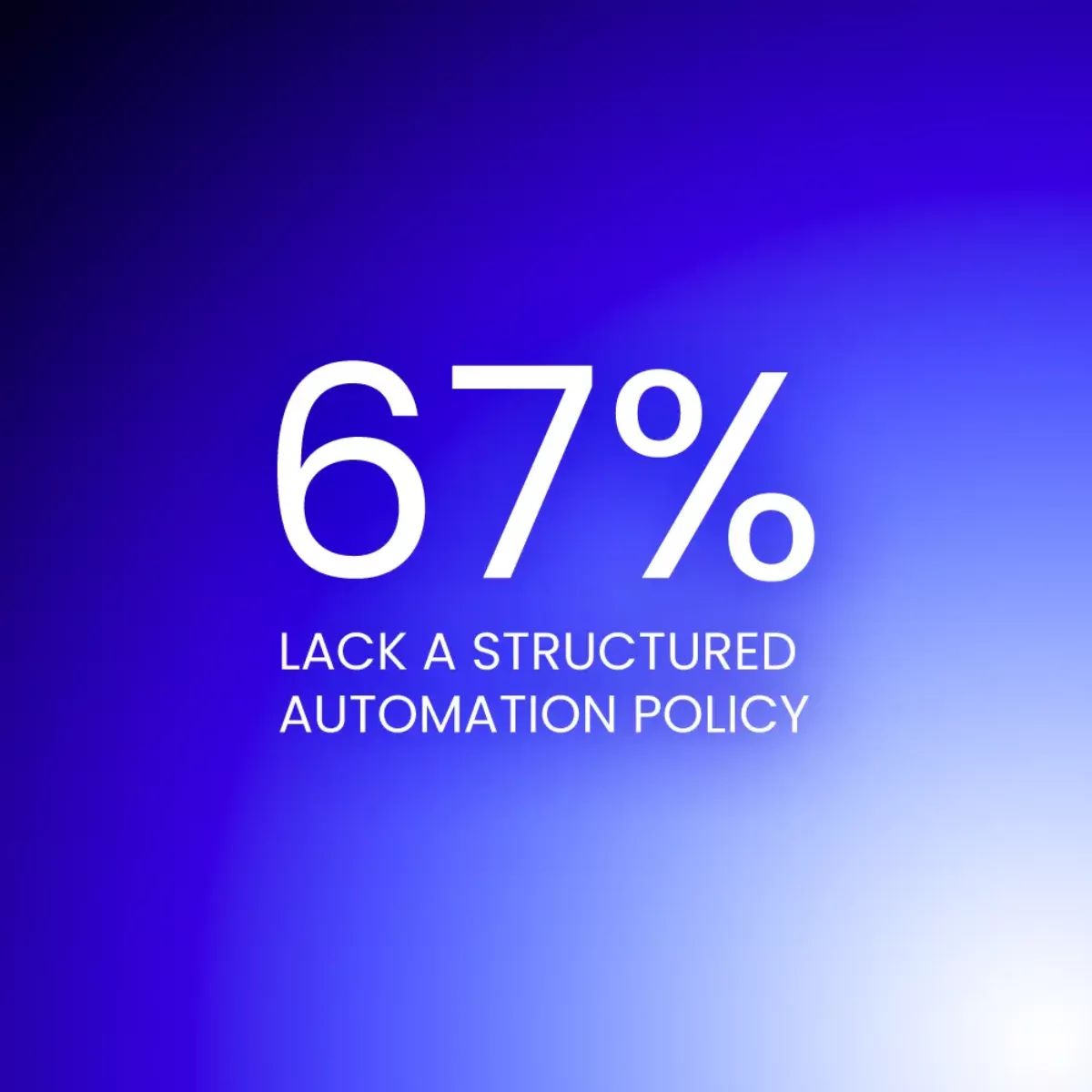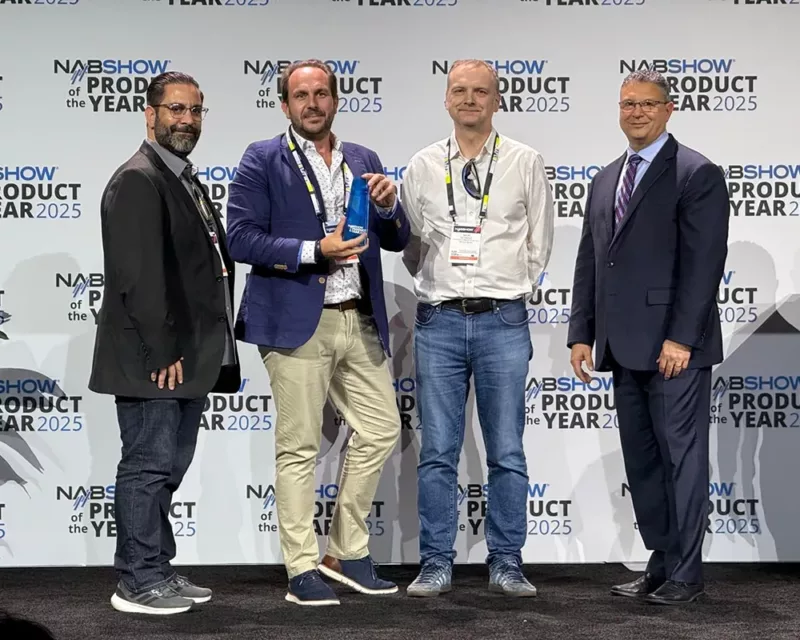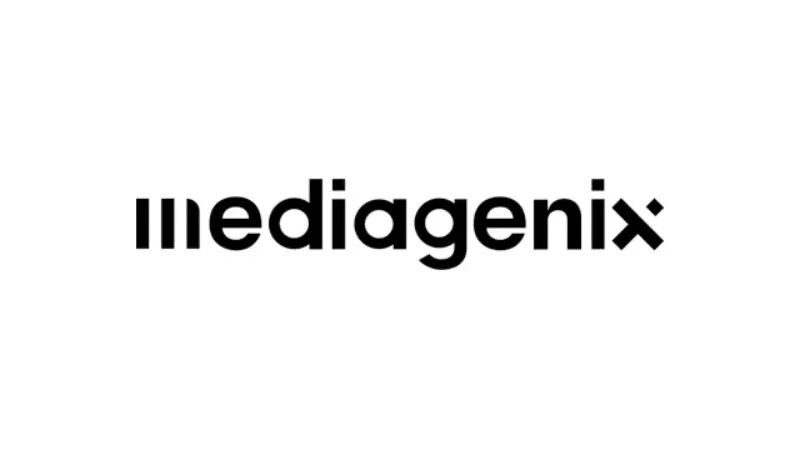The Next Frontier of Content Scheduling
Mediagenix has launched a series of webinars to delve into the intricacies of the content lifecycle. The first session zeroed in on content scheduling, featuring insights from Mediagenix experts Michel Beke, Nick Moreno, and Nikias Arts.

Key Takeaways from the Content Scheduling Webinar
Nick Moreno inaugurated the first webinar by shedding light on content supply chains as the backbone of the media industry, tasked with connecting valuable content to the intended audience. These chains are often fraught with complexity, requiring a smart, lean, and collaborative approach to streamline operations. Key characteristics of effective supply chains include being connected, data-driven, and automated.
Despite the growing importance of these attributes, Mediagenix’s recent survey of broadcasters highlighted significant gaps. Less than 50% of respondents reported consistent connectivity across their supply chain. A similar percentage struggled with embedding data-driven practices, and two-thirds of broadcasters described their automation efforts as sporadic or ad hoc.
Automation in Scheduling
In a world where seamless and engaging content delivery is paramount, Mediagenix has stepped up with AI-driven scheduling solutions that leverage automation to streamline programming workflows. This approach not only optimizes channel scheduling but also enhances viewer experience through intelligent and adaptive strategies.
Traditionally, various aspects such as contract linking, material selection, and secondary event planning required manual input. Today, these processes are increasingly interconnected to form comprehensive automated workflows. By leveraging Spideo’s content fingerprinting and advanced algorithms, Mediagenix provides:
- Enhanced content suggestions based on viewer preferences.
- Streamlined content grouping through “swimming lanes” for consistent thematic presentation.
- Advanced mood-based search capabilities for personalized viewer experiences.
Benefits of Scheduling Automation
Mediagenix’s efforts align with a broader industry shift from repetitive, low-value tasks toward creative, high-value endeavors where human expertise excels.
Tangible benefits of Mediagenix’s automation solutions include:
- Efficiency Gains: Broadcasters experience up to an 80% reduction in time spent on repetitive tasks, enabling them to manage more channels with fewer resources.
- Content Validity: Automated validation ensures compliance with rights, parental ratings, and other critical standards.
- Audience Engagement: Tailored scheduling aligns with audience preferences, while predictive analytics anticipate future content demands.
- Discoverability: Improved insight into content inventory ensures that audiences can easily discover relevant and engaging material.
Harnessing AI
At the core of Mediagenix’s system is a sophisticated AI algorithm that seamlessly integrates with existing automated functions. This integration allows for efficient scheduling defining guidelines for which programs to air, when to repeat them, and how the ‘rithm’ of a day and week should be.
The AI generates day-by-day schedules while adhering to essential parameters such as target groups, episdode sequencing, rights and parental restrictions. It handles challenges like gaps caused by fluctuations in duration of content, adjusting the planning strategy seamlessly without compromising the schedule’s quality. This adaptability ensures robust and consistent programming that viewers appreciate resulting in a higher engagement.
Human Expertise Meets Automation
The Mediagenix approach accommodates both automated and manual inputs. For instance, live events can be manually scheduled, while the AI autonomously plans content around them. This optional hybrid approach empowers broadcasters to fine-tune their schedules while enjoying the efficiency of automation for repetitive tasks.
Moreover, binge-worthy series, planning exceptions such as live events or holidays are intelligently managed to maintain continuity. The AI detects these exceptions in the schedule and it will resuming episodes in sequence after the disruption.
A critical aspect of the automated scheduling solution is content selection. While users can manually choose content for their channels, Mediagenix envisions integrating the Spideo content recommendation engine to automate this process further. Leveraging the semantical data, the system will recommend or even curate themed playlists, offering a new layer of automation that drives personalization for both broadcasters and viewers.
From FAST to Premium Channels
Mediagenix’s current automation focuses on FAST channels. Unlike premium channels that require considerations like competative channels or ratings-based scheduling, FAST channels rely primarily on content curation and timing, making them an ideal candidate for full automation. At the same time, they serve as the perfect testing ground for exploring advanced scheduling tools. The goal is to bring this technology step by step to premium prime-time channels, enabling partial or complete automation of these complex high value schedules.
The Outcome: Efficiency and Engagement
Two innovative solutions were highlighted:
- Scheduling Artist: Tools for automating which content to schedule when on a channel.
- Continuity Artist: Tools designed to craft and finish the playlist preparation for any channel. A tool that can work both on automated channels and on manuually planned channels
The result is a well-structured playlist that includes promos, commercials, and long-form content, ready for broadcast.
The scalability of these tools allows organizations to adopt them gradually and start enjoying measurable benefits without giving up the significance of their expert human schedulers.
By combining advanced AI with intuitive user control, Mediagenix ensures that viewers enjoy consistent, engaging content while broadcasters benefit from reduced operational complexity and improved scheduling precision.
Recommended Reading:
- Insights from the Mediagenix M-Connect 2024 survey are detailed in the white paper “What Media Companies Can Do to Become More Data-Driven, Automated, and Connected.”
- Read Nick Moreno’s article: “The Content Scheduling Challenge—Mastering the Agility Imperative.”
- For a deeper exploration of the content scheduling challenge, check out our white paper: “Beyond the Silos: Automating Content Scheduling Across All Linear Scenarios.”
Don’t miss the next two webinars in our content lifecycle series:
- February 6, 2025: The Content Value Management Challenge: How Can We Enhance Processing Efficiency?
- February 20, 2025: The Content Strategy Challenge: How Can We Make Better Content Decisions and Improve the Strategic Planning Process?
Insights



